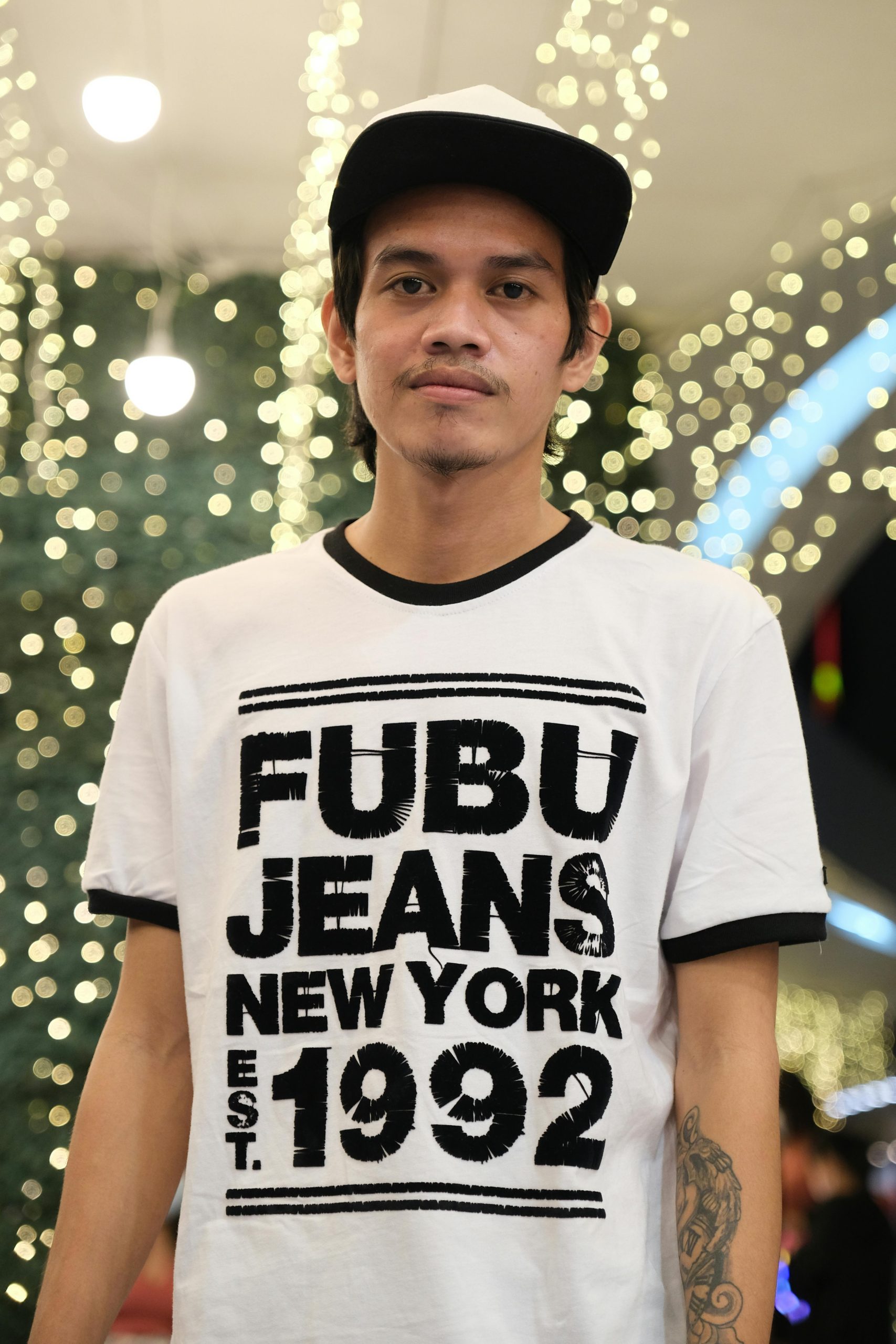The fashion world moves at a lightning pace, and brands that once defined an era can fade into obscurity with shocking speed. For those who grew up in the 90s and 2000s, certain clothing labels were the epitome of cool, dominating school hallways and music videos. Today, many of these once-iconic brands have either disappeared completely or lost all cultural relevance, existing only as a nostalgic memory. Younger generations have likely never even heard of them, proving just how fleeting fame can be in the fashion industry.

1. FUBU
In the late 90s, FUBU (“For Us, By Us”) was a cultural phenomenon. The streetwear brand championed by LL Cool J became a staple of hip-hop fashion, with its bold logos and baggy silhouettes appearing everywhere. The brand’s explosive growth was a testament to its powerful message of Black ownership and community. However, as fashion trends shifted toward slimmer fits and mainstream tastes changed, FUBU’s popularity waned, and it lost its prominent place in urban fashion.
2. Esprit
Esprit’s colorful, casual, and optimistic style made it a powerhouse in the 1980s and early 90s. The brand’s iconic logo and comfortable basics were a fixture in malls across America. However, the company struggled to adapt to the rise of fast fashion from competitors like H&M and Zara. After multiple restructurings and bankruptcy filings, Esprit closed all of its U.S. stores, and the brand is now largely unknown to American shoppers.
3. Girbaud
Marithé + François Girbaud was a high-end French brand that became an unlikely status symbol in 90s hip-hop culture. The brand’s distinctively engineered jeans, with their innovative cuts and signature velcro straps, were a must-have item. Despite its popularity, the brand’s high price point and the changing tides of fashion caused it to fall out of favor, and it no longer holds the cultural cachet it once did.
4. JNCO Jeans
No brand screams 90s fashion quite like JNCO. The company produced ridiculously wide-leg jeans, some with leg openings measuring over 50 inches, that became the uniform for rave and nu-metal subcultures. The extreme style was a defining look of the decade but quickly became a fashion joke as skinny jeans took over in the 2000s. JNCO has since become the ultimate symbol of an outdated trend.
5. Enyce
Launched in 1996, Enyce was another major player in the golden era of urban streetwear. The brand offered a slightly more sophisticated take on hip-hop fashion, competing directly with brands like FUBU and Rocawear. After being acquired by Liz Claiborne and later sold to Sean “Diddy” Combs, the brand lost its unique identity and momentum, eventually fading from the mainstream conversation.
6. Stüssy
While Stüssy still exists and is respected in core skate and streetwear circles, its mainstream cultural dominance is a thing of the past. In the 90s and early 2000s, the brand’s signature scrawled logo was ubiquitous. Everyone from skaters to hip-hop fans wore Stüssy. Today, while still influential, it operates more as a niche heritage brand and is no longer the household name it once was among the general youth population
7. B.U.M. Equipment
B.U.M. Equipment was a staple of 90s casualwear, known for its oversized sweatshirts and basic athletic apparel emblazoned with its simple, bold logo. It was an affordable and popular brand for teens and young adults. However, it failed to innovate and was quickly overshadowed by more dynamic athletic brands, fading from department stores and the public consciousness.
8. Mossimo
Before it became an exclusive, and now discontinued, brand for Target, Mossimo was a cool, surf-inspired California lifestyle brand founded in the 1980s. In its heyday, it competed with the likes of Stüssy and Billabong. The move to Target gave it mass-market exposure but diluted its original brand identity, and after Target phased it out, the name largely disappeared from the fashion world.
Fashion’s Fading Memory
The stories of these brands serve as a powerful reminder of how quickly the cultural conversation can move on. The logos and styles that once defined a generation now look like artifacts from a different time. They show that in fashion, staying relevant requires more than just a great product; it requires a constant evolution and a deep connection to the ever-changing pulse of youth culture.
What forgotten clothing brand from your youth do you miss the most? Which of these brands did you wear back in the day? Share your fashion nostalgia!
Read More
10 Retail Stores Millennials Forgot Existed
Free Clothing Alert: 8 Places to Snag Free Clothes Online Now
The post 8 Clothing Brands No One Talks About Anymore appeared first on Grocery Coupon Guide.







